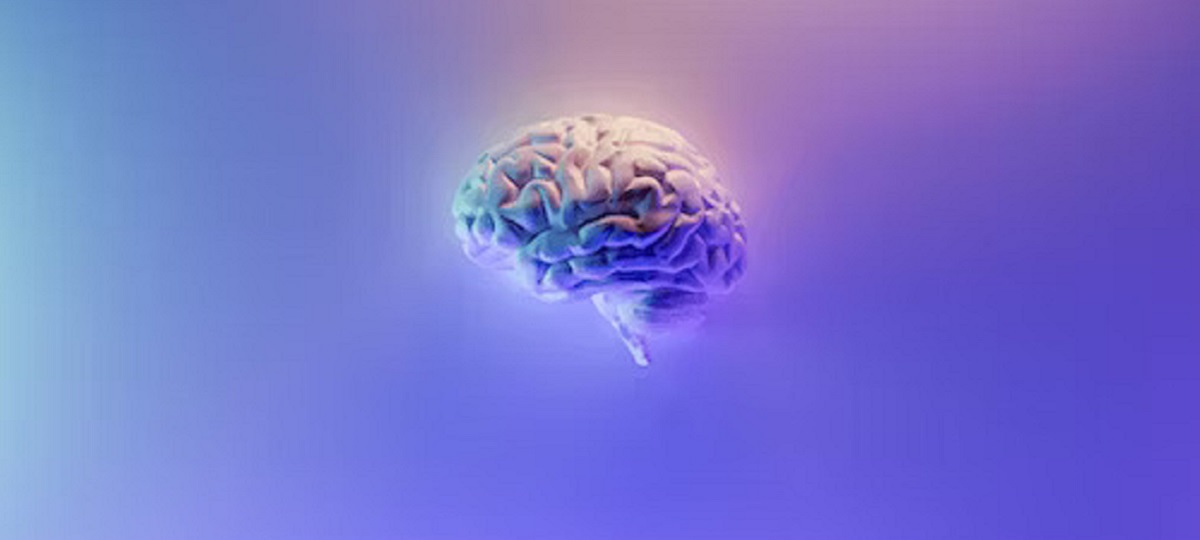The human brain, an intricate and delicate organ, governs our thoughts, emotions, and bodily functions. However, it is not immune to an array of rare disorders that challenge our understanding of neurological health. In this article, we delve into the mysterious realm of rare brain disorders, exploring the complexities, symptoms, and potential treatment options for these enigmatic conditions.
Creutzfeldt-Jakob Disease (CJD)
One of the most perplexing and rare brain disorders is Creutzfeldt-Jakob Disease (CJD), a degenerative and fatal condition affecting the brain’s nerve cells. CJD is characterized by rapidly progressive dementia, muscle stiffness, twitching, and eventually, severe neurological impairment. The disease is caused by abnormal proteins called prions, which trigger a cascade of damage within the brain.
While the majority of CJD cases are sporadic, a small percentage is inherited or acquired through exposure to infected tissues. The rarity of CJD and its rapid progression make it a daunting challenge for researchers seeking effective treatments.
Alien Hand Syndrome
In the realm of rare brain disorders, Alien Hand Syndrome stands out as a peculiar and intriguing phenomenon. This condition manifests as involuntary and seemingly purposeful movements of one hand, often contrary to the person’s intentions. The affected hand appears to have a mind of its own, leading to actions that can range from simple gestures to complex tasks.
Alien Hand Syndrome is typically associated with damage to the corpus callosum, the structure that connects the brain’s two hemispheres. This disconnection disrupts communication between the hemispheres, resulting in conflicting signals and the bizarre behavior exhibited by the alien hand. While treatments for this disorder are limited, therapeutic interventions and strategies focus on managing the impact on daily life.
Stiff Person Syndrome (SPS)
Stiff Person Syndrome (SPS) is an exceptionally rare neurological disorder characterized by muscle stiffness and spasms, primarily affecting the trunk and limbs. These spasms can be so severe that they lead to postural abnormalities, resembling a stiff, rigid posture. The exact cause of SPS remains elusive, but it is thought to involve an autoimmune response targeting the central nervous system.
Individuals with SPS often face challenges in performing routine tasks and experience heightened sensitivity to stressors. Treatment approaches for SPS typically involve medications to alleviate symptoms and manage muscle spasms, although responses to treatment can vary.
Kuru
Kuru, a disease associated with ritualistic cannibalism, has nearly vanished, but its historical significance in the realm of rare brain disorders remains. The Fore people of Papua New Guinea were affected by this neurodegenerative disorder, transmitted through the consumption of human brain tissue during funeral rituals.
Caused by prions, similar to CJD, Kuru led to progressive cerebellar ataxia, tremors, and a loss of coordination. The discovery of Kuru played a pivotal role in advancing our understanding of prion diseases and their transmission. Though Kuru is now rare, its historical impact underscores the intricate relationship between cultural practices and neurological health.
Capgras Syndrome
Capgras Syndrome is a rare psychiatric disorder that distorts one’s perception of familiar individuals, leading the affected person to believe that close relatives or friends have been replaced by impostors. This delusional misidentification syndrome is often associated with damage to the brain’s connectivity between visual processing and emotional centers.
Individuals with Capgras Syndrome may experience profound emotional distress, strained relationships, and an impaired sense of reality. Treatment typically involves a combination of psychotherapy and medication to address underlying psychiatric factors.
Foreign Accent Syndrome (FAS)
While not a disorder in the traditional sense, Foreign Accent Syndrome (FAS) is a rare neurological condition that alters a person’s speech patterns, causing them to sound as if they have a foreign accent. This phenomenon often occurs following brain injury, such as a stroke or traumatic brain injury, impacting the areas responsible for speech production and articulation.
FAS can lead to social challenges, as individuals may face skepticism or misunderstanding from others who perceive the accent as deliberate or insincere. Speech therapy is a primary intervention for managing Foreign Accent Syndrome, helping individuals regain control over their speech patterns.
Conclusion
Rare brain disorders provide a fascinating glimpse into the complexities of the human brain and the challenges researchers face in unraveling their mysteries. From prion-related diseases like Creutzfeldt-Jakob Disease to the intriguing Alien Hand Syndrome, each condition presents unique challenges and underscores the need for continued exploration and understanding.
As advancements in neuroscience and medical research progress, the hope is that these rare disorders will become less enigmatic, paving the way for more effective treatments and improved quality of life for those affected. In the meantime, the study of these disorders serves as a testament to the resilience of the human brain and the boundless curiosity that drives our quest for knowledge in the field of neurology.
